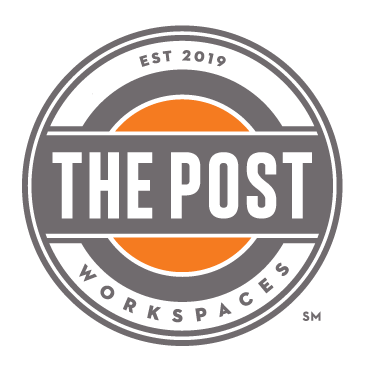
As much as we all love to get along at work, the reality of being part of a professional team–especially as a leader–is that tough talks are unavoidable.
But while challenging conversations are an unavoidable reality, they don’t have to be a negative experience. When handled correctly, they can actually be productive and effective, and even provide a learning opportunity and a positive outcome.
Here are six tips for handling tough talks like a boss.
You Have to Actually Have the Conversation

Nobody likes confrontation or tension. But in most cases, by the time these kinds of discussions arise, they simply have to happen.
So, summon up your courage and book the meeting.
Don’t worry, though. The rest of the steps will make you feel more confident and comfortable about actually seeing it through.
Make Sure You Prepare for the Discussion

No matter how empathetic or emotionally intelligent you are, going into a tough conversation unprepared is a terrible idea.
Consider things like where the discussion will take place. Understand what outcome you’re hoping to achieve.
Ask yourself questions that will offer you a better perspective and help you be more empathetic, including:
- How do you think the other person sees the situation?
- What’s the best way to share information and provide your point of view?
- What kinds of behaviors and emotions might the other person respond with?
If you can map out how the conversation might go, you’ll be better prepared to handle it, whichever way it goes.
Take a Positive Approach

Your ability to be positive is pivotal in making your tough talk positive, productive, and effective and ensuring a positive outcome.
It’s important that you:
- Never attack: You don’t want to put anyone on the defensive, so don’t bring an accusatory tone or aggressive, angry demeanor into the conversation.
- Be mindful of your words: It’s critical to avoid using negative or accusatory words. Even something as subtle as starting your sentence with “I” instead of “you” avoids put-downs, promotes positive communication, and fosters enthusiasm to find a solution. It’s a huge part of what differentiates constructive and critical feedback.
- Keep positive outcomes in mind: Try to frame things as opportunities for growth rather than problems or challenges.
People don’t generally respond well to negativity or feeling like they’re backed into a corner, but they certainly do respond well to positivity.
Be Specific

Being vague makes it extremely difficult for people to understand what’s wrong, let alone what can be done to fix it.
Always approach tough talks with specific details, both as far as the opportunities for growth and the best ways to proceed.
Make Sure It’s Two-Way

Try to make your conversation engaging by making it a two-way dialogue. Avoid simply talking at the person and instead talk with them.
You can check in with them throughout the conversation and ask if they agree or understand as well as how they feel about it all.
You can also ask if there’s anything you can do to better support their success going forward so they know they have your support.
Always Offer Next Steps

When you’re having a hard conversation, the thing that brings it all full circle is an actionable outcome.
So, make sure you know exactly what you’d like the person to do as well as what you can do to ensure they’re able to achieve it.
This can be everything from offering tools and resources to pledging your support or working collaboratively with them.
Collaboratively laying out a roadmap toward future success will leave the person feeling positive after the meeting with a clear understanding of what the challenges were, how they can be avoided in the future, and how they can bounce back stronger than ever.
Just because a conversation is tense or tough doesn’t mean it has to be negative. And it most certainly doesn’t have to damage relationships. If you approach it the right way, you can actually use it as an opportunity to create better future outcomes and stronger relationships.
If you’d like to learn more about our professional community here at The Post, get in touch with us today. Our team is available to speak with you.

